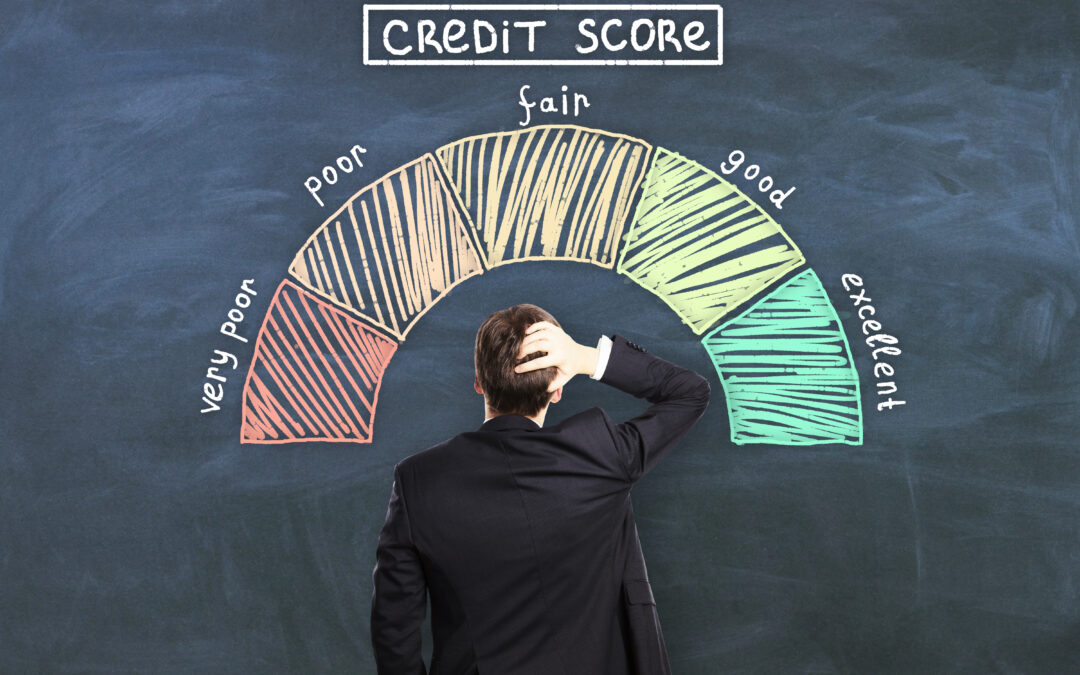Your credit score is an important number that can impact your financial future. It is a three-digit number that estimates how likely you are to repay borrowed money and pay bills. Credit scores are calculated from information about your credit accounts, which is gathered by credit-reporting agencies and compiled into your credit reports. The three largest bureaus are Equifax, Experian, and TransUnion[5].
Factors That Affect Your Credit Score
There are multiple credit scores, but the two most prominent are FICO and VantageScore. Each scoring company weighs credit scoring factors differently, producing slightly different scores. The factors that make the biggest impact on your score are paying on time and credit utilization, or the amount of available credit you’re using. Paying on time, keeping your utilization below 30%, and keeping older accounts open to establish a lengthy credit history are key to improving your credit score[5].
How to Check Your Credit Score
To check your credit score, you can request a free credit report from each of the three credit bureaus once a year. You can also use a credit monitoring service to keep track of your score and receive alerts when there are changes to your credit report[1].
How to Improve Your Credit Score
Improving your credit score takes time and effort, but it is possible. Here are some tips to help you improve your credit score:
- Pay your bills on time: Late payments can have a significant negative impact on your credit score. Set up automatic payments or reminders to help you stay on track[2].
- Keep your credit utilization low: Using too much of your available credit can make you appear risky to lenders. Aim to keep your utilization below 30% [2].
- Don’t close old accounts: Closing old accounts can shorten your credit history and lower your score. Keep your oldest accounts open to establish a lengthy credit history[3].
- Check your credit report for errors: Mistakes on your credit report can hurt your score. Check your report regularly and dispute any errors you find[4].
Conclusion
Understanding your credit score and how to improve it is an important part of managing your finances. By paying your bills on time, keeping your credit utilization low, and checking your credit report for errors, you can improve your credit score and increase your chances of getting approved for loans and credit cards in the future.
Citations:
[1] https://www.skillsyouneed.com/num/credit-score.html
[2] https://www.upgrade.com/credit-health/insights/complete-guide-to-credit-scores/
[3] https://cluballiance.aaa.com/the-extra-mile/articles/prepare/budget/a-guide-to-understanding-and-improving-your-credit-score
[4] https://10xtravel.com/ultimate-guide-to-understanding-and-improving-your-credit-score/
[5] https://www.nerdwallet.com/article/finance/credit-score-ranges-and-how-to-improve
[6] https://www.rategenius.com/understanding-credit-scores

